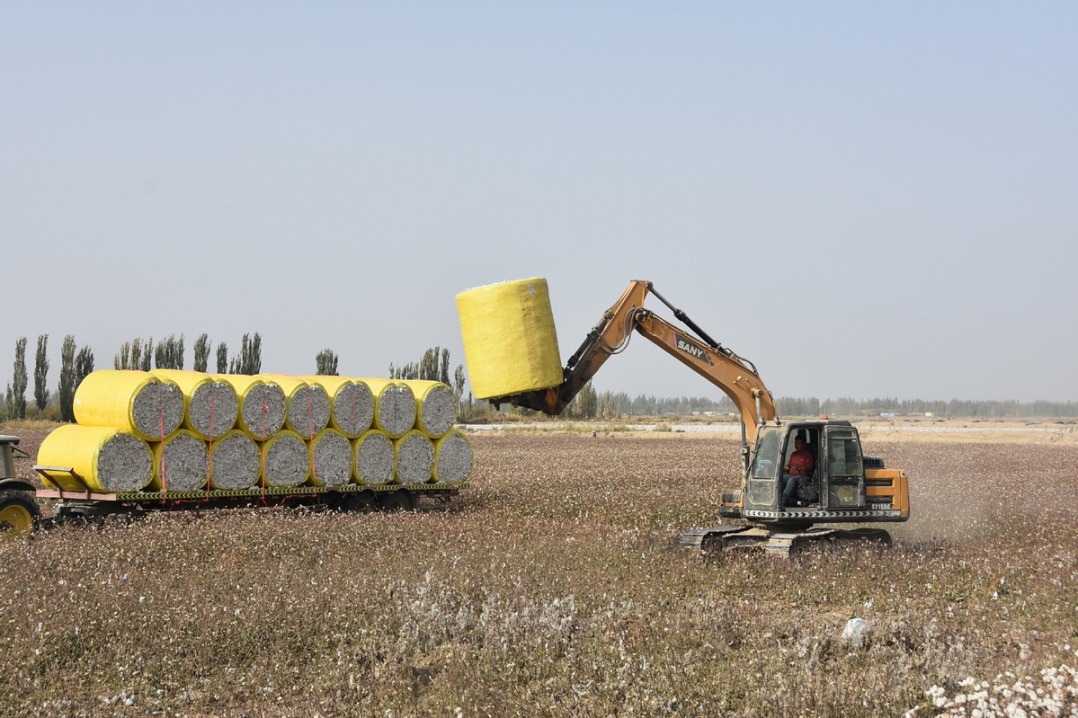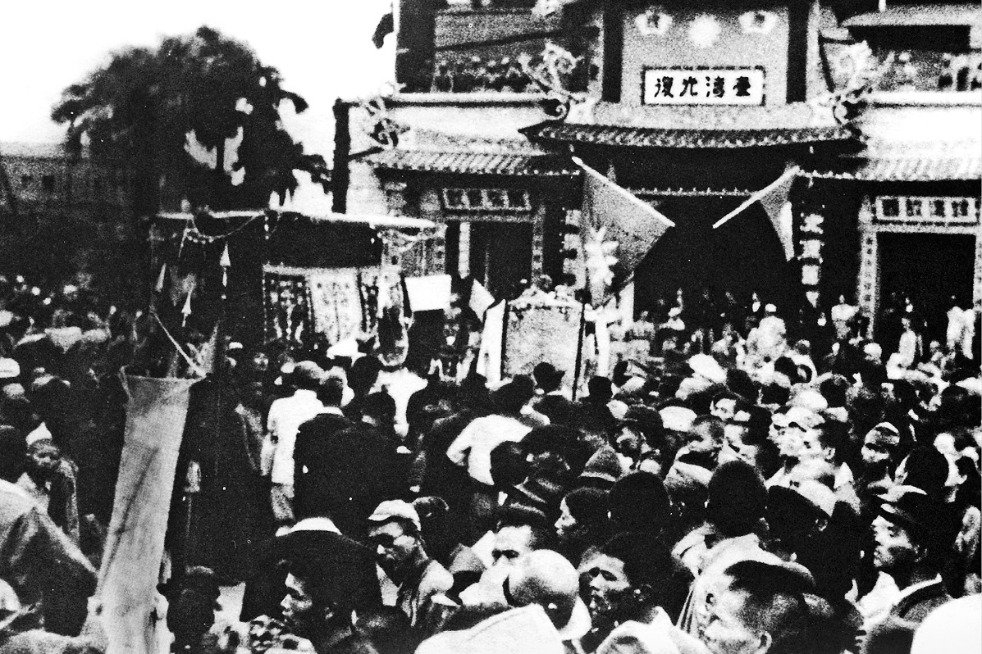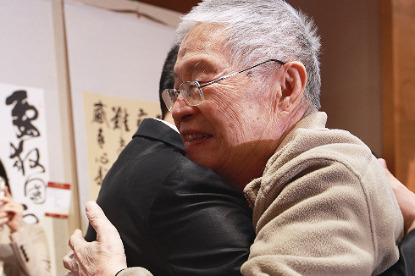'Courtyard meetings' show democracy

Neighborhood decision-making bodies demonstrate grassroots' role in progress
In much of Beijing, neighborhood policies and improvements are put up to what could be called the "courtyard of public opinion".
Li Caixian listens to sometimes-harsh criticisms as the head of a grassroots "courtyard-meeting group" in a downtown neighborhood that makes decisions about how to make local residents' lives better.
These include such statements as those made when she goes door-to-door to survey residents of the Qianmen area's Caochang community. "I've never heard of railroad ties in a hutong (traditional alleyway).""It's bizarre."
"What were the designers thinking?"
Li explained: "Such problems arise sometimes. We hear different voices, no matter what's discussed. We collect their input and perspectives to summarize and synthesize them."
The courtyard-meeting group Li heads has 17 members and represents over 2,400 residents, who live in more than 460 courtyards. Li is the youngest member at age 61.
The group meets about every two weeks in a roughly 20-square-meter room in a courtyard in Caochang Sitiao hutong. Topics range from toilet renovations to rules about where residents can hang their clothes to dry. Opinions are collected through a four-tier process, from individual households to the community level.
A recent decision in Li's community was the installation of lights along the way to the public toilets.
Caochang's Party Secretary Li Zheng pointed out that about 40 percent of the community's residents are elderly.
"So, the lights were an important issue for them."
Li Zheng said courtyard meeting rooms are symbolic of China's whole-process people's democracy at the most local level.
This form of democratic practice works according to two key phrases. "Whole process" means the people engage in democratic elections, consultations, decision-making, management and oversight, according to law.
"People's democracy" refers to how the people's role as masters of their country constitutes the essence and core of socialist democracy.
The majority's interests ultimately take precedence when making decisions about issues that generate different views.
This spirit is rooted in China's political system, said Su Changhe, dean of Fudan University's School of International Relations and Public Affairs.
"Under the framework of cooperation and consultation, participants reach consensus through discussions and solve problems step by step," Su said.
This can be seen in every aspect and level of State and social governance.
China collects public opinion through certain channels and translates it into policy initiatives that benefit the general public, Su added, citing the battle to overcome poverty as an example.
Whole-process democracy is "an amazing innovation by the Chinese people", Su added.
Public opinion is what Chinese governments at all levels rest upon, said University of Sydney professor John Keane.
"There is a very strong sense at all levels in the political system that power ultimately rests in the hands of the people," he said.
There are more than 3,100 courtyard meeting rooms in Beijing and similar models operate in other parts of the country, such as Zhejiang province's "village chat booths". These mechanisms empower ordinary people and serve as a pillar of people's democracy.

- Portuguese-speaking media visit Mixue headquarters in Zhengzhou
- Duo fined for damaging grassland at Xinjiang landmark
- Chinese biotech firms unveil advanced human-centric genomic model
- China delivers 1st dual-fuel luxury Ro-Ro vessel GNV·VIRGO
- Nyingchi's breathtaking autumn charm
- Shijiazhuang's China-Europe freight trains surpass last year's total by October





































